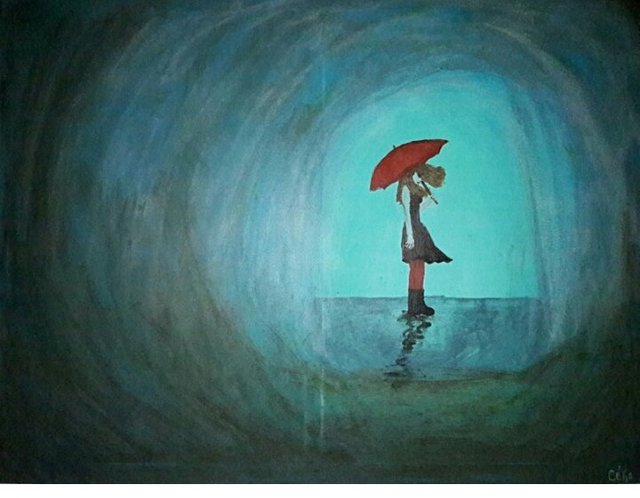The most important skill nobody thought you
Before dying at the age of 39, Blaise Pascal made huge contributions to both physics and mathematics, notably in fluids, geometry, and probability.This work, however, would influence more than just the realm of the natural sciences. Many fields that we now classify under the heading of social science did, in fact, also grow out of the foundation he helped lay.
Interestingly enough, much of this was done in his teen years, with some of it coming in his twenties. As an adult, inspired by a religious experience, he actually started to move towards philosophy and theology.Right before his death, he was hashing out fragments of private thoughts that would later be released as a collection by the name of Pensées.While the book is mostly a mathematician’s case for choosing a life of faith and belief, the more curious thing about it is its clear and lucid ruminations on what it means to be human. It’s a blueprint of our psychology long before psychology was deemed a formal disciplineThere is enough thought-provoking material in it to quote, and it attacks human nature from a variety of different angles, but one of its most famous thoughts aptly sums up the core of his argument:“All of humanity’s problems stem from man’s inability to sit quietly in a room alone.”According to Pascal, we fear the silence of existence, we dread boredom and instead choose aimless distraction, and we can’t help but run from the problems of our emotions into the false comforts of the mindThe issue at the root, essentially, is that we never learn the art of solitude.Information technologies have dominated our cultural direction. From the telephone to the radio to the TV to the internet, we have found ways to bring us all closer together, enabling constant worldly access.
Congratulations @satyadev! You received a personal award!
You can view your badges on your Steem Board and compare to others on the Steem Ranking
Vote for @Steemitboard as a witness to get one more award and increased upvotes!